AI and Grant Applications: Ensuring Authenticity and Not Relying Entirely on Tech
Written by Sandi Vidal, CFF’s VP of Community Strategies and Initiatives
Recently, I was part of an application evaluation process where we were identifying organizations to participate in a program. Early in the process, I looked at the applicants and identified those that I thought might rise to the top (understanding that the result might be different based on the applications). Once I started to dive into the applications, I came across one that was very obviously written with AI technology, and no one had taken the time to re-read the answers and make sure they matched up with the questions. Several answers were in third-party language and referred me to the website. Ultimately, we had to disqualify an organization that had a great chance of being accepted if they took the time to review the application.

AI technology can be an amazing tool and it can help with research and editing your grant applications, but it is not a stand-alone product that can be used without authentic voice and oversight – from a human. Grant writers, you can be sure that you will not be replaced by this technology anytime soon.
Below I have used ChatGPT to share why you need to check your applications when you use AI technology to answer the questions. (Rest assured, I have reviewed what this AI tool gave me and revised as needed, as you should too.)
Things to Consider When Using AI on Grant Applications
Below was produced using ChatGPT, Version February 2024
In the world of nonprofits and organizations seeking funding, grant applications are the lifeblood that keeps projects and initiatives alive. These applications are meticulously crafted documents that outline the goals, methodologies, and impacts of proposed projects. With the advent of AI technology like ChatGPT, the process of drafting grant applications has become more efficient and accessible. However, amidst the convenience, there lies a crucial need for double-checking these applications to ensure they meet three essential criteria: clarity, accuracy, and alignment with the organization’s tone.
- Clarity is Key: A grant application must convey its message clearly and succinctly. It should outline the project’s objectives, activities, and anticipated outcomes in a manner that is easy to understand for both the grant reviewers and potential funders. While AI tools like ChatGPT can generate content rapidly, there’s always a risk of producing convoluted or ambiguous text. Double-checking the application allows for revisions that enhance clarity, ensuring that the reader comprehends the proposal’s significance and impact without any confusion.
- Accuracy Matters: Grant applications often involve data, statistics, and technical information to support the proposed project’s feasibility and effectiveness. It’s crucial that these details are accurate and verifiable. While AI can assist in generating content based on input data, it may sometimes produce inaccuracies or misinterpret information. Double-checking the application enables the identification and correction of any factual errors, ensuring that the proposal is grounded in reliable information. This not only enhances the credibility of the application but also fosters trust with potential funders who rely on accurate data to make informed decisions.
- Reflecting Organizational Tone: Every organization has its unique voice and tone, which reflects its values, mission, and culture. A grant application should align with this tone to maintain consistency in communication and branding. While AI can mimic different writing styles, it may not always capture the nuances specific to an organization. Double-checking the application allows for adjustments to ensure that the language, messaging, and overall tone resonate with the organization’s identity. Whether it’s formal, professional, empathetic, or innovative, the tone should reflect the organization’s ethos and strengthen its connection with potential funders.
In conclusion, while AI tools like ChatGPT offer significant advantages in streamlining the grant application process, they should be viewed as aids rather than substitutes for human oversight. Double-checking grant applications is essential to ensure that they meet the standards of clarity, accuracy, and alignment with the organization’s tone. By investing the time and effort to review and refine these applications, organizations can enhance their chances of securing funding, build credibility, and effectively communicate their vision for positive social impact. Remember, behind every successful grant application lies a meticulous process of validation and refinement, ensuring that your organization’s mission shines through with clarity, accuracy, and authenticity.
While we’re clearly entering into a new era with AI, the human touch still remains indispensable. When you’re filling out your next application, whether it be a grant or otherwise, AI tools are just that – tools. They are not a replacement for an organization’s authenticity, and checking whatever AI produced is still very much so necessary.
Check Out More Grant Articles

5 Nonprofit Plans Your Organization Should Have
6 Nonprofit Policies Your Organization Should Have

